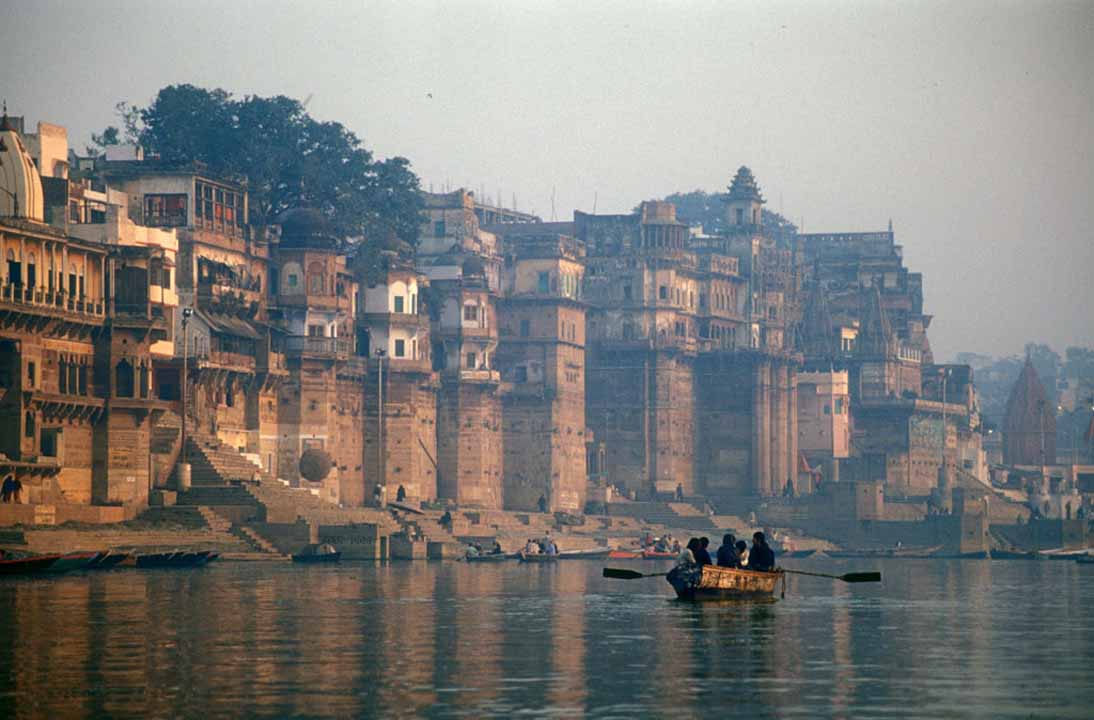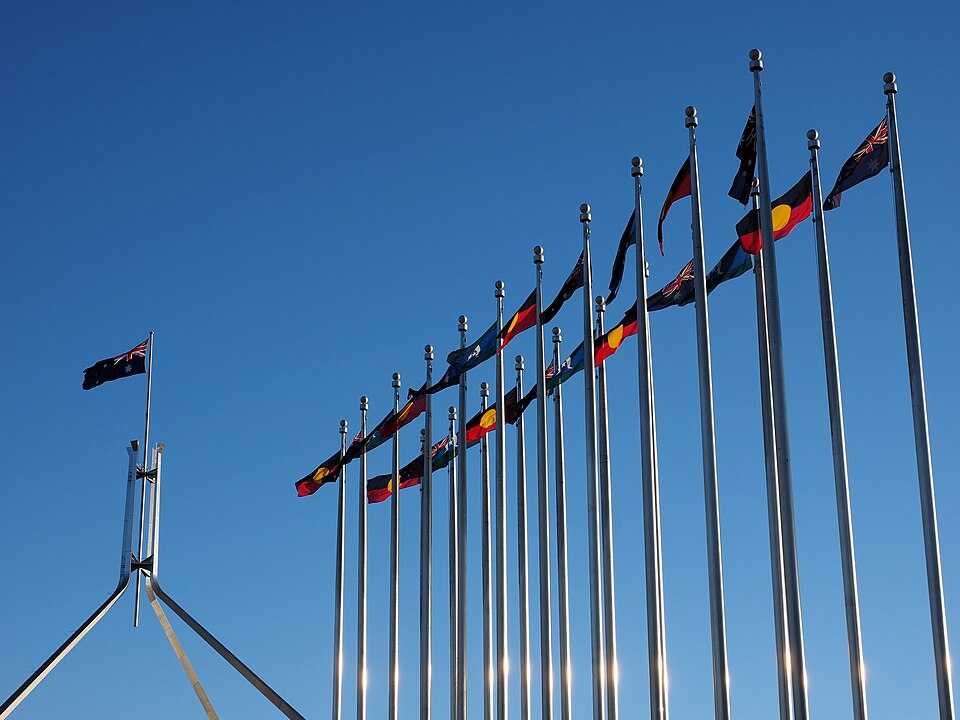Citizen diplomacy is reshaping global politics as ordinary individuals take on more active roles in advocating for democratic values and influencing international affairs. Sparked by Barack Obama’s call to action, this movement challenges traditional state-centric diplomacy and demands greater accountability from political leaders.
On the 3 April 2025 former United States President Barack Obama, in conversation with President of Hamilton College Steven Tepper stated that the “most important office in [the American] democracy is the citizen.”
There is no question that people have always been at the centre of diplomacy. Obama is not alone in recognising the importance of citizen diplomacy—also known as people-to-people diplomacy—in the 21st century. His call to action for citizen diplomats to take up a role in global politics forms part of the growing evolution of “ordinary citizens” moving from being passive recipients and objects of foreign policy, to active self-governing participants and potential collaborators.
His message is loud and clear: “it is up to all of us [as citizens] to fix this” and to stand up for what democratic values we represent, not just when it is easy. It is from this that citizen diplomacy becomes a vital force for the world in holding traditional diplomats accountable.
The Rise of Citizen Diplomacy
The state-centric diplomacy of “black ties, diplomatic parties, exchanges of official letters and rigorous protocol,” was a tradition of the last century with successes including President Richard Nixon’s breakthrough with China, the end of the Cold War and the collapse of the Soviet Union, and the Dayton peace accord ending the Bosnian War with Herzegovina. In the 21st century the increased visibility of diplomacy in the public eye has exposed the often “trivialised, romanticised and marginalised” art of diplomacy between certain classes of the elite. This diplomacy is full of signalling, bluffing, and testing that easily descends into conflict and war. The state can no longer be so guarded as to “hide behind old-fashioned diplomatic titles and ranks” and closed doors.
This visibility has shed the outdated image of a [professional] diplomat and created a space for diplomatic discourse by the everyday citizen to flourish in global politics, also known as “citizen diplomacy.” Citizen diplomacy brings together two traditionally disparate ideas of ordinary private citizens, in their own individual endeavours serving their own interests, and diplomacy that aims to deepen ties between individuals and communities.
Put simply, people-to-people diplomacy “increases the number of stakeholders participating in diplomacy,” bringing greater awareness and accountability to the issues affecting everyday citizens that have been ignored and neglected by traditional actors. Going beyond public diplomacy with a soft power approach, the citizen diplomat transcends borders which have been dismantled and shrunk by globalisation. By deepening the social, economic, and cultural interactions, there is greater opportunities to build “goodwill towards foreign states and peoples. Citizen diplomacy also allows marginalised “voices [to] get on the airwaves” when citizens notice the shortfalls of a state media’s “stodgy, rigidly censored, and propagandistic news” (citizen journalism). Allowing more players in diplomacy supports a more interactive conflict resolution process, facilitated joint brainstorming, and coexistence work which encourages the “development of mutual understandings of different perceptions and needs, the creation of new ideas, and strong problem-solving relationships.”
A clear example of this are the discussions on climate change where, to traditional diplomats, this issue was often ignored or neglected until protestors and activists, such as Greta Thunberg, prompted traditional actors to take action. As a young citizen diplomat, or “citizen humanitarian,” Thunberg is an example of where a citizen’s voice, including in her “we will never forgive you” speech against the traditional hierarchy, emphasised that action now was “far too little and too late.” In this case, the citizen diplomats’ engagement in marches and calling out chants see themselves as belonging to a shared identity. This has resulted in greater environmental consciousness among consumers and public awareness, demonstrated in polls addressing climate change (as high as 69 percent in the United States and 74 percent in the United Kingdom). This is despite traditional diplomats calling it counterproductive when “real work happens in conferences and boardrooms.”
In other examples, States such as Germany and France have established formalised and structured “citizen diplomacy” platforms where opportunities are provided to citizens so that they can propose recommendations for policy. This showcases that citizens and traditional diplomacy can work together for positive and long-lasting change.
Obama’s Call to Action
The social contract explains the legitimacy behind a traditional actor when a citizen implicitly gives up some of their rights in exchange for the benefits of structured society that protects their democratic values. It is up to traditional diplomats to at all times uphold, at the bare minimum, the fundamental values that describe the very essence of who they are as a country. Obama referred to the recent “bull[ing]” of law firms for taking action against the Trump agenda, and the intruding on university management of the student body and academic freedom. Obama’s statement is that the administration has failed to uphold the democratic values under the social contract they are obliged to protect.
This is not the first time Obama has drawn attention to this. Speaking to the Clinton Global Initiative in New York in 2014, he stated that the “voice of one citizen can remind us why a civil society is so essential.” It is not that Trump himself is unaware of the power of citizen diplomacy (his use of Twitter during the January 6 Capitol Insurrection and his Truth Social demonstrate that he is), but Obama’s emphasis on citizen diplomacy is that it is vital to upholding the social contract.
The United States has taken an increasingly protectionist approach that is not only inward-looking and top-down but heavy-handed and counterproductive. Obama references the tariffs for imported goods, with some as high as 125 percent to encourage Americans to only buy American-made goods. Another example of this is Trump’s approach to trade and ceasefire deals with Ukraine, including the shocking spectacle of the dressing down of Volodimir Zelenskyy on 28 of February the in the Oval Office. This ”diplomacy” was described by Trump as “great television.”
Multipolarity necessitates multilateralism, and it is multilateralism that upholds global norms. To go against this norm is to create trouble, such as via the alienating of allies, damaging cooperation on trade, business, and national security, and creating mistrust between nations. A rejection of multilateralism creates chaotic and fragmented relationships that are costly and likely disenfranchises citizens from the rest of the world.
Obama’s call for citizens to fight for democratic values and not only when it is trending or easy, has been heard by the thousands of anti-trump protesters recently attending mass rallies across the United States. Most recently, a public statement on the 22 April 2025 was released by 150 university and college academic leaders pushing back against Trump. With “moral courage,” they opposed the “unprecedented government overreach and political interference endangering American higher education” that has weaponised funding.
It is evident that Obama resonated with groups in the community and has sparked a broader movement of citizens reclaiming their role in shaping the future of democracy. While there is no question that people have always been at the centre of diplomacy, their participation has changed dramatically since the last century. Now it is the active participation of citizen diplomats to hold their traditional diplomats accountable to their social contract. Citizen diplomacy is vital in ensuring that governments move ahead and stay relevant to the citizens that are obliged to protect.
Lilliana Swainson is a Bachelor of International Relations/Laws (Honours) graduand, and International Law Research Assistant at Bond University.
This article is published under a Creative Commons License and may be republished with attribution.



